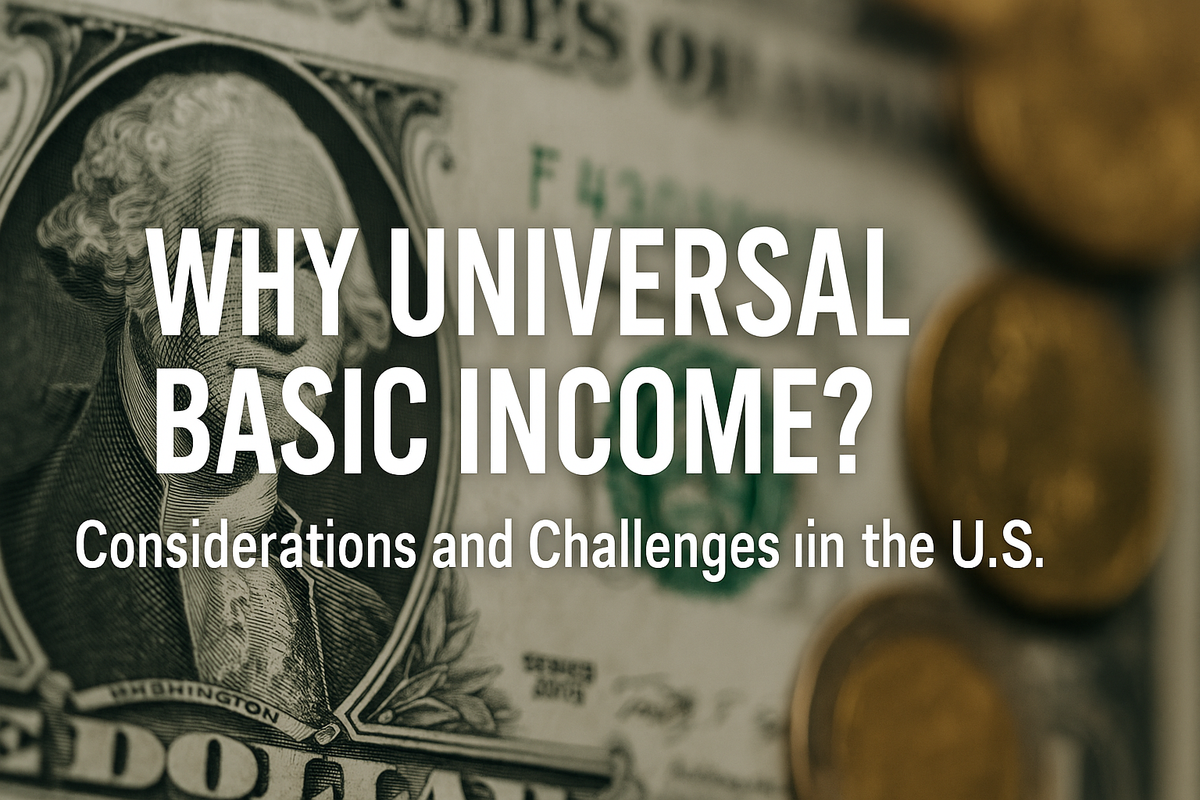
What the Media Isn’t Telling You: Why Universal Basic Income Is the Answer to Poverty, Insecurity, and Inequality
A Newsweek reporter recently asked me — with a sense of urgency mind you — to provide expert answers on UBI for a story. I answered all their questions in detail by deadline. They never replied. Since then, they’ve published multiple UBI pieces without using a single word. I’m publishing the entire exchange here so you can see the insights they left on the cutting room floor.
Q: What core problems are UBI and GBI programs trying to solve – in the US context? What contemporary issues have given rise to its increasing adoption/popularity?
The core problems UBI directly seeks to solve are the three pathways it directly impacts: poverty, insecurity, and inequality. Poverty is ultimately a lack of money, and as Dr. King said when he advocated for UBI, “The simplest approach will prove to be the most effective — the solution to poverty is to abolish it directly by a now widely discussed measure: the guaranteed income.” But someone not in poverty can still live a very stressful paycheck-to-paycheck existence. A job can be lost at any time. It may not pay enough, even with multiple jobs. We’re all one disaster away from poverty. UBI recognizes that prevention is as much a part of the answer as treatment. Targeted assistance programs only help after the fact, and the tests they make people go through result in people failing those tests or not taking those tests due to constraints or stigma. Most targeted assistance programs tend to exclude the majority of those they’re intended to help. They also effectively punish those they help for increasing their incomes. If a floor exists below which no one can ever fall, that’s real security. Finally, even without poverty and with real security, inequality can still exist as its own problem that causes many other problems.
Excessive inequality undermines population health. It shortens life expectancy and increases infant and maternal mortality. It corrodes social cohesion by eroding interpersonal trust and civic engagement. It amplifies violent crime, especially homicide. It fuels mental illness and inflates domestic violence and child abuse. And perhaps most dangerously of all, it heightens political instability and conflict risk. Because UBI directly reduces inequality, especially when combined with progressive taxes like wealth taxes, all of these other problems can to some degree be relieved.












.jpg)


